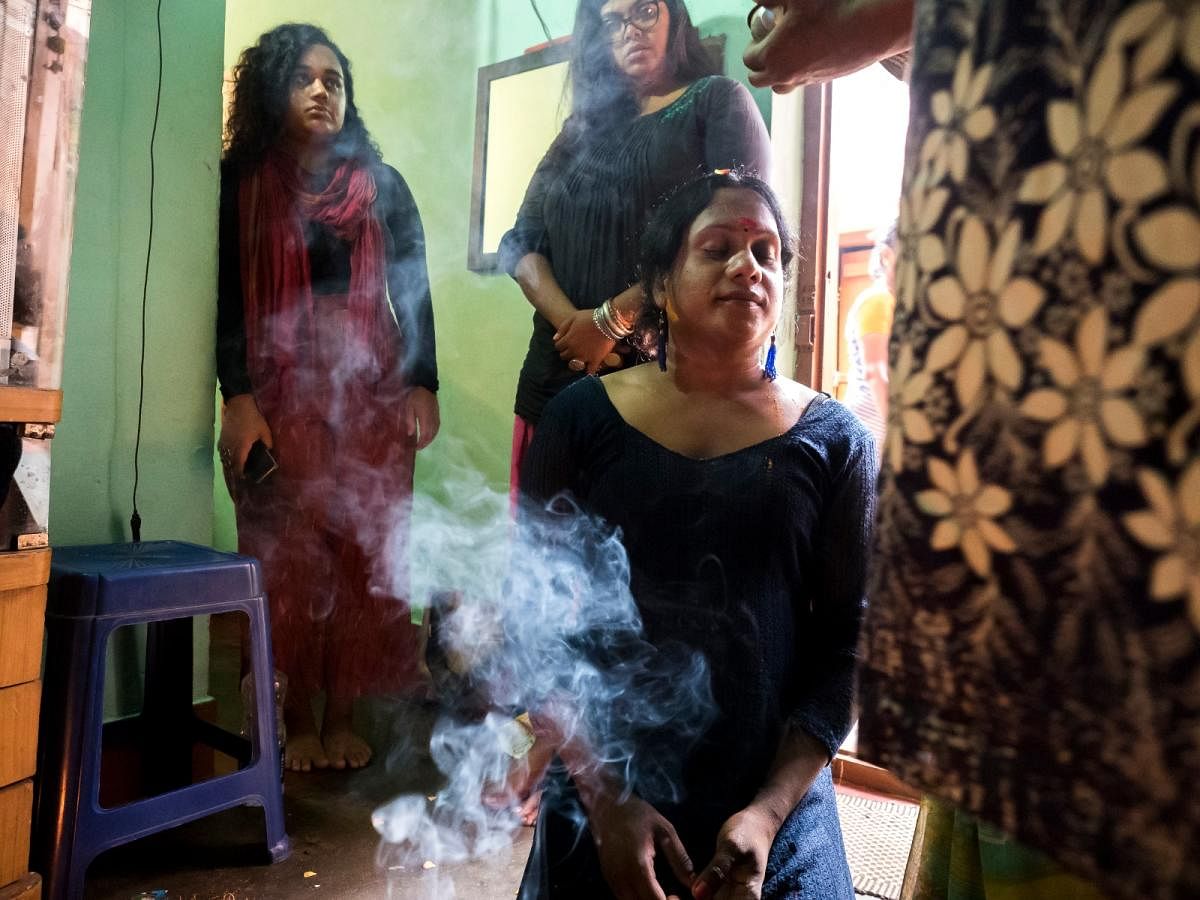
At one point or the other, a transgender individual aspires to have a body belonging to the gender they identify with. For many, a Sex Reassignment Surgery (SRS) — a medical intervention available for both male-to-female (transgender woman) and female-to-male (transgender man) transgender persons — is an answer to their prayers. The specialised operation conducted by urologists and gynaecologists is free of cost in states like Kerala and Tamil Nadu while in Karnataka it comes with a subsidised cost in select hospitals. Mural artist and blogger Shanthi Muniswamy, 38, a transwoman from Bengaluru, shares her personal experience on what the expectations from SRS are and how much of these are fulfilled.
When did SRS become an aspiration for you and why? How many from the trans community opt for SRS?
Wanting SRS did not come to me all of a sudden. It was a journey of self-discovery, reflection, confrontation and resolution over a span of 21 years which culminated in the disclosure about my gender identity to my family amongst stiff resistance and denial. Right from the time I was a child, I identified myself as a girl. Over time, the difficulty to connect with the body I was born with only grew and SRS became a means to change all of that. SRS is a very important part of a transgender person’s life because it settles the internal conflict and gives us a body that we are comfortable with.
What is the cost of SRS in Bengaluru and what are the processes involved?
SRS should be done in authorised government and select private hospitals which have the expertise and infrastructure and not through quacks or
crude methods of sex reassignment where hygiene and life may be put to risk. While SRS for male to female transgender persons cost me Rs 60,000 in 2017 when I underwent the surgery, SRS for female to male transgender persons is costlier and the recovery period for the patient is longer. The entire process which takes close to three months begins with a referral to a psychiatrist for psychological evaluation through counselling to ascertain whether the person is prepared to live the life they have chosen after surgery. This is necessary before beginning formal preparations for the surgery like meeting the doctor, getting the date of the operation fixed, undergoing surgery, healing in the hospital under medical observation, getting discharged to return just for the dressings and getting monitored for any infections or complications.
When I underwent SRS in a private hospital in Bengaluru, the surgery took about 2-3 hours. I was discharged on the sixth day but had to go for dressing every fourth day. I developed a bad case of infection on the 10th day but with timely attention from doctors, it was treated. SRS should be made free for transgenders in Karnataka because affordability is the biggest barrier we experience as only a few of us are employed in mainstream professions and a majority rely on either begging or sex work for survival.
How do you feel about yourself and life in general after SRS?
When I saw my body for the first time after the surgery, the profound happiness I felt made me weep. I love who I am now. What God forgot to create, doctors created it for me. To be able to experience complete womanhood, I’m prepared to wait for my next life!
(The author is a journalist and social entrepreneur in the field of women empowerment, women’s health, menstrual hygiene management, and digital literacy.)